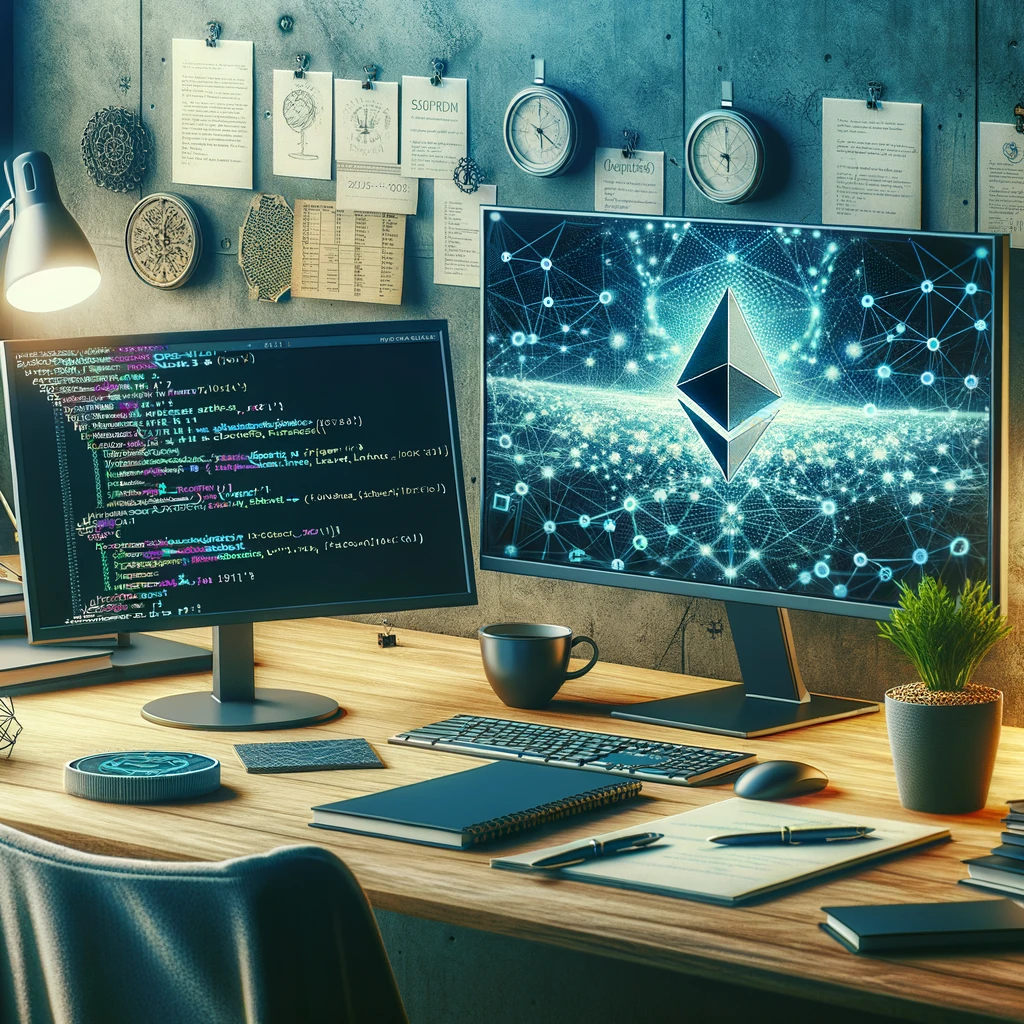
The Essential Toolkit for Blockchain Developers
So you are thinking of developing your own blockchain, NFT or dApps? you are in the right place. Building stuff on blockchains like Ethereum is an exciting space to be in right now. There’s so much innovation happening, with new decentralized apps (dApps) and protocols launching all the time. As a developer, having the right tools can make or break your effectiveness. I wanna share my top picks for essential blockchain dev tools, especially if you’re just getting started.
Smart Contract Development Environments
First up, you’ll need a solid smart contract development environment. This is like your workspace for writing solidity code and deploying it to a test blockchain. Truffle is probably the most popular one. It lets you do the whole workflow – write contracts in Solidity, compile, deploy, run tests, and integrate with a frontend. Ganache gives you a personal blockchain to deploy to, and Drizzle makes linking your contracts to a frontend app easy.
Hardhat is another great option, very flexible and more barebones compared to Truffle. It has everything you need built-in like a local blockchain and testing framework. People like it for the focus on extensibility. Oh and Remix is a simple browser-based IDE, great for learning and prototyping simple contracts quickly.
Blockchain Frameworks
Now let’s talk frameworks. Building a fully decentralized blockchain from scratch is insanely complex. That’s why frameworks like Ethereum, Cosmos SDK, and Avalanche. They handle the low-level blockchain infrastructure so developers can focus on the application logic.
Ethereum obviously pioneered smart contract development. Understanding it deeply, especially the execution model and Solidity language, is a must. Cosmos SDK makes it way easier to build secure blockchains that can connect to each other. People are using it to launch decentralized finance and NFT apps across an internet of blockchains. And Substrate allows you to create Polkadot-compatible chains in a modular framework. Super flexible and customizable.
Libraries and APIs
Okay, diving deeper – you’ll want libraries to interact with blockchain nodes from code. Web3.js and ethers.js are the most popular for Ethereum. They have convenient APIs for sending transactions, deploying contracts, querying state, and more right from a webapp.
For data, The Graph has become essential. It indexes blockchain data and serves it via GraphQL APIs. This unlocks building super fast dApps without running your own indexing infrastructure. And IPFS is a decentralized storage network used to store and link to off-chain data. Huge for blockchain data efficiency.
Testing Tools
Testing tools are a must for ensuring your contracts are secure. Mocha and Chai provide a nice JS testing interface for solidity code. Ganache, which I mentioned earlier, is killer for local testing and development. Just spin up a test blockchain, deploy, and go!
Security Tools
Oh, and security tools like MythX and Slither find vulnerabilities for you. MythX does automated auditing with both static and dynamic analysis. Slither is more focused on static analysis, but it catches a lot of solidity anti-patterns. Super useful before launching anything on mainnet.
Phew, that was quite a toolkit rundown! Honestly we just scratched the surface, but those are the big ones I think every blockchain dev should know. This space evolves so fast that the best way to stay relevant is never stop learning! Read articles, try new tools, and contribute to open source projects. And most importantly, build – nothing substitutes hands-on experience.
The future of this industry is so bright. Blockchain technology has opened up possibilities for changing how we collaborate and coordinate. We’re just starting to glimpse things like truly decentralized finance, supply chains, cloud storage, and identity. As a developer, you get to architect the economic and incentive structures that will underpin the next generation of the internet. Not an easy task, but an important one.
Let me know if you have any other questions. Happy to chat more about blockchain development anytime. We all have plenty to learn. But with some grit and the right tools, you’ll be contributing to the decentralized future in no time. Exciting times ahead my friend!